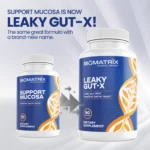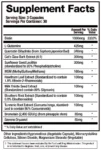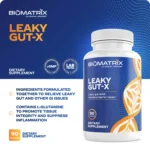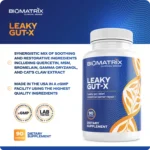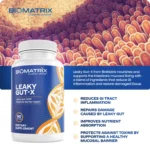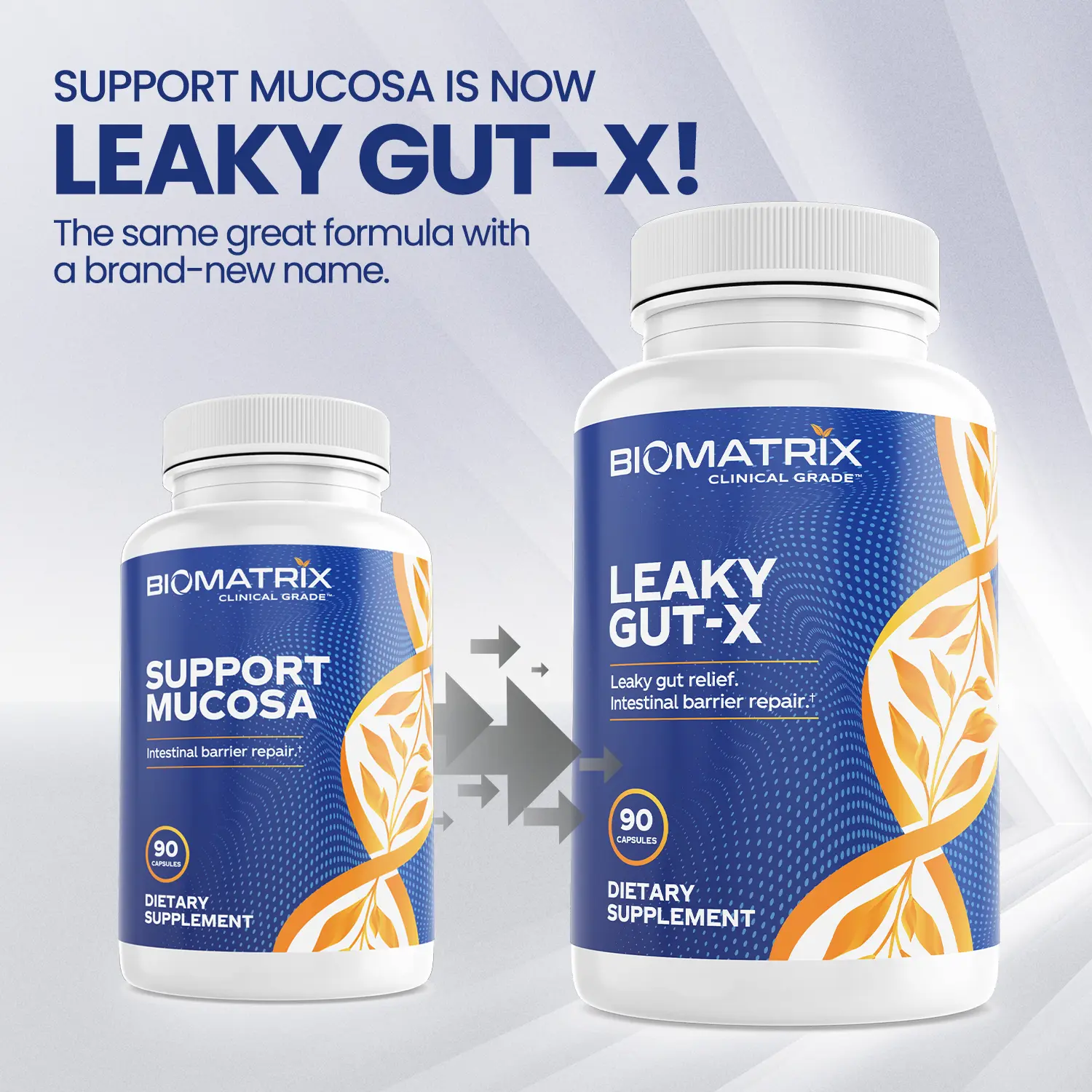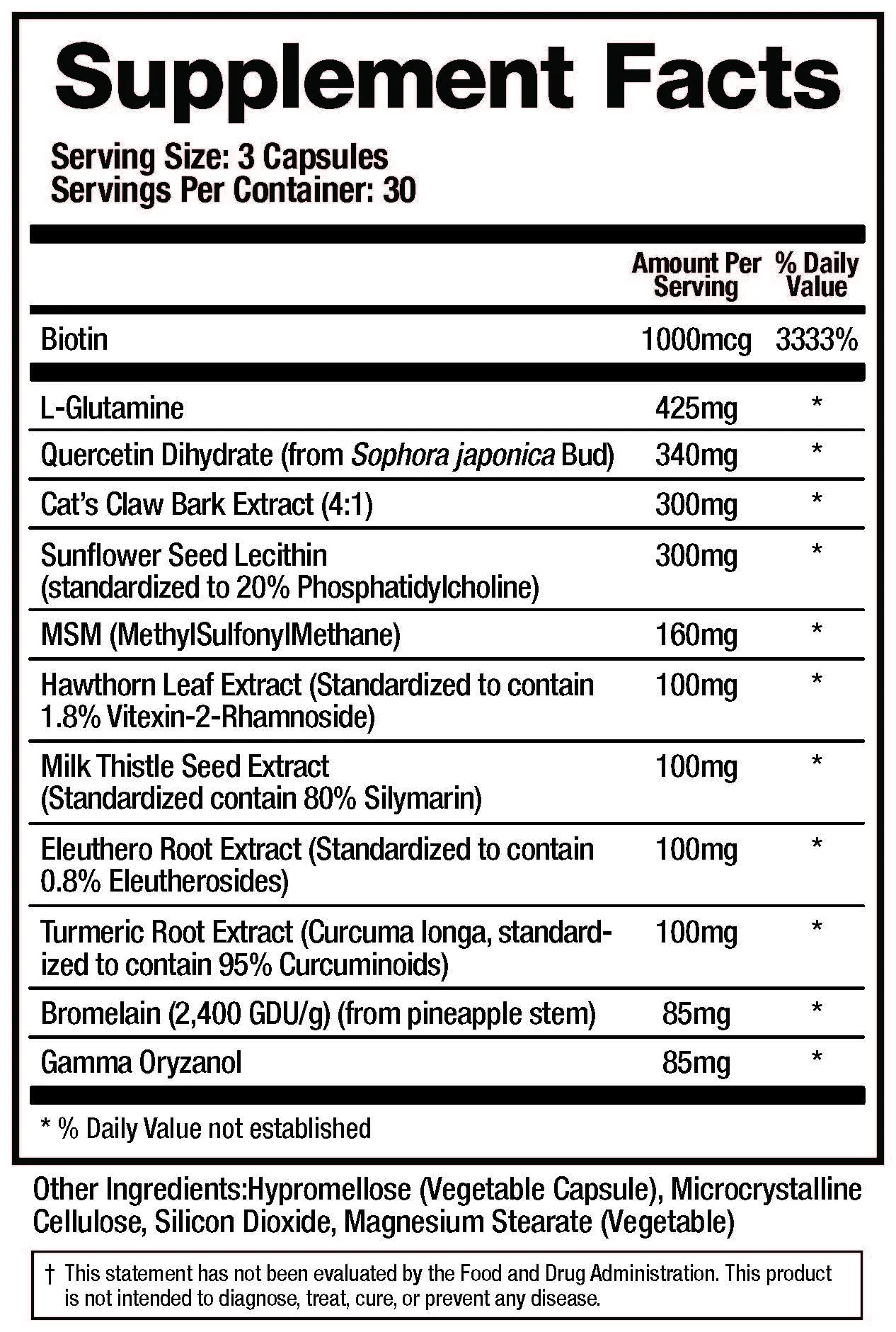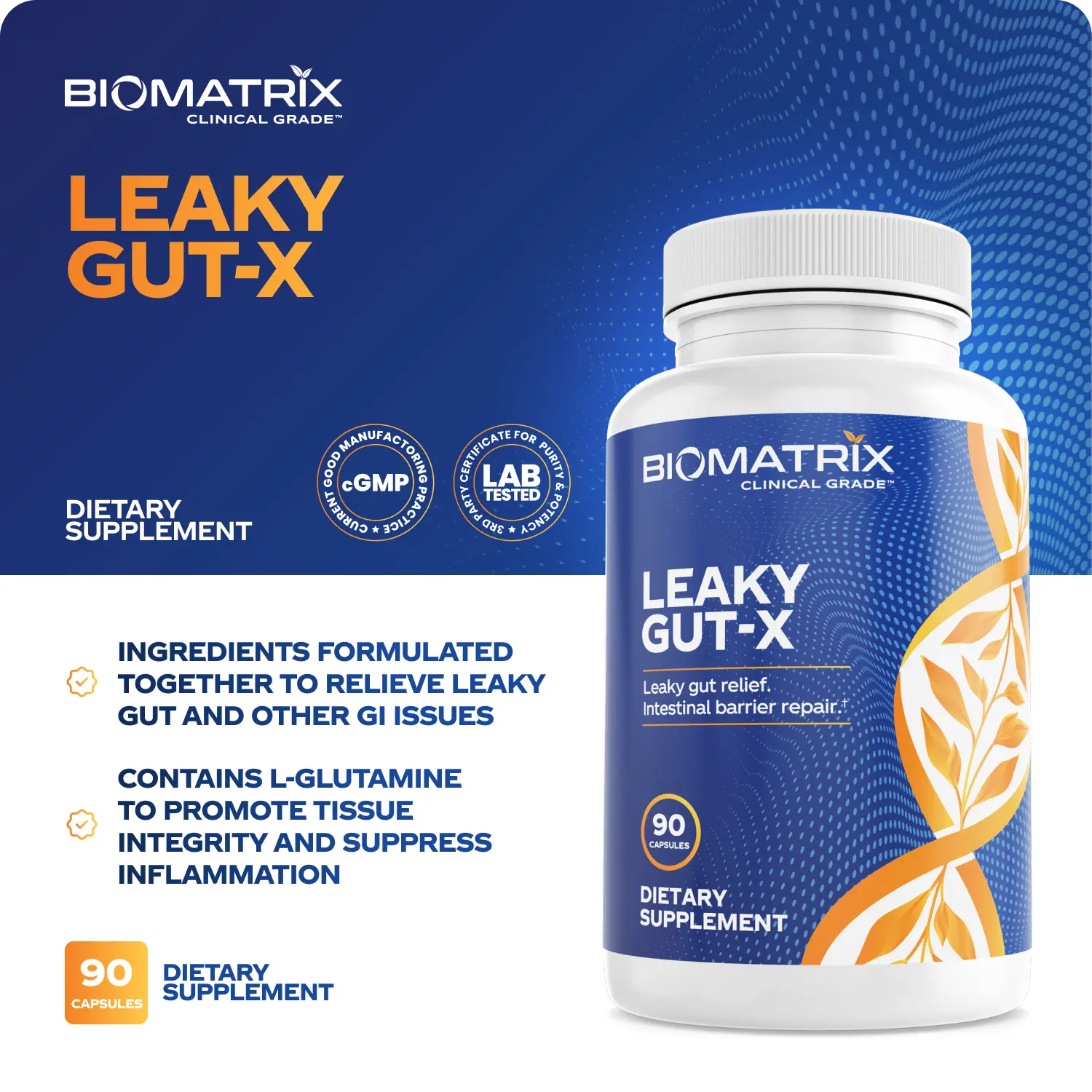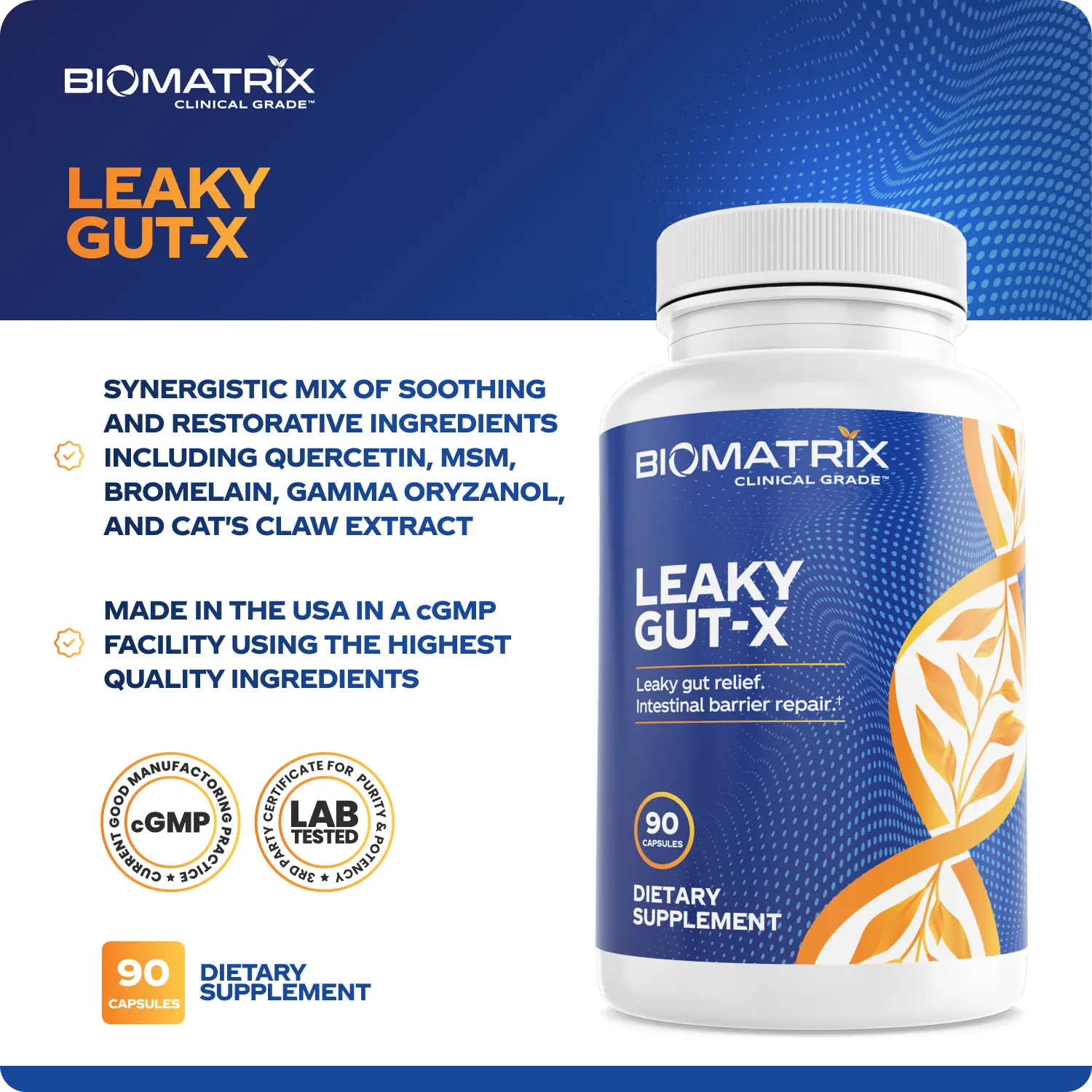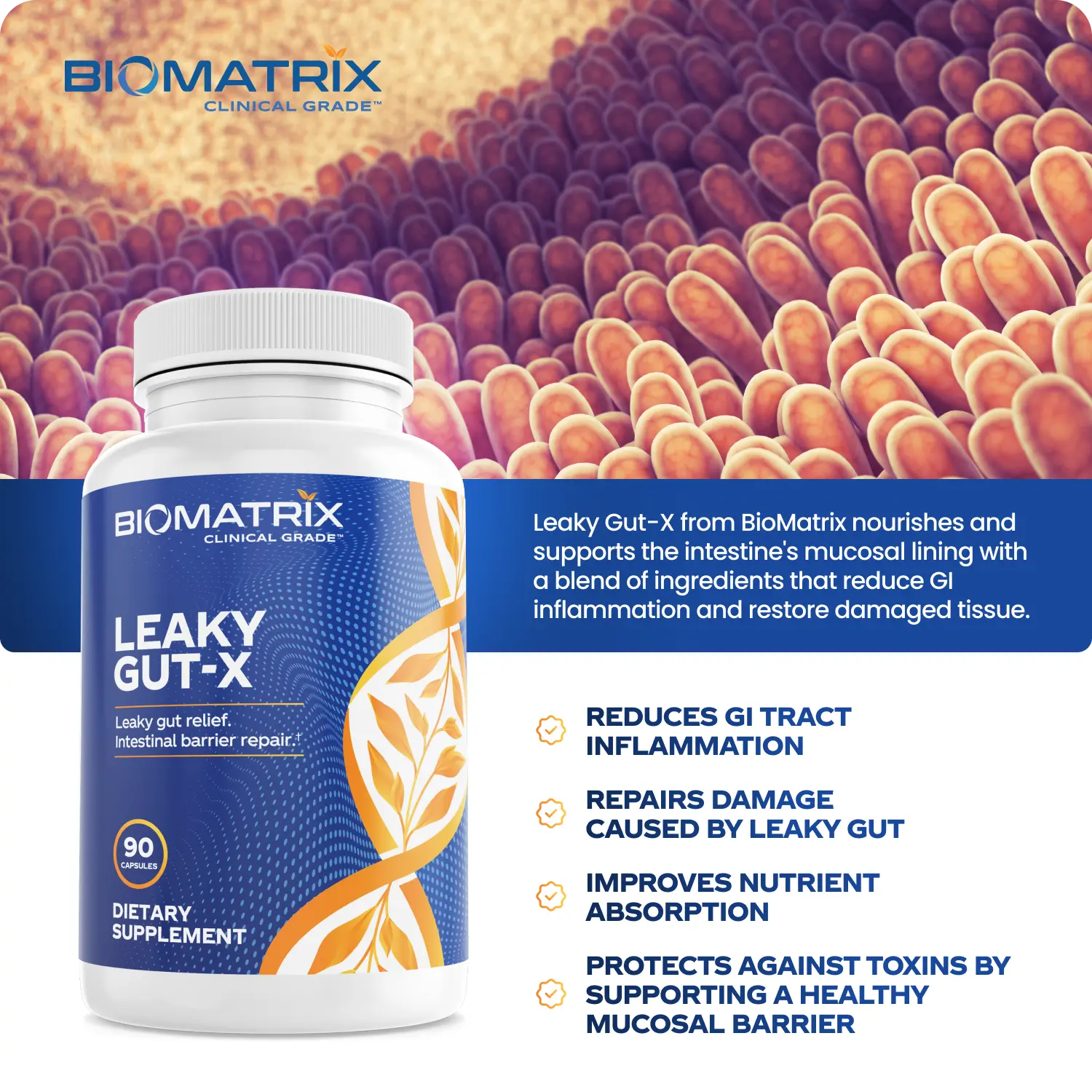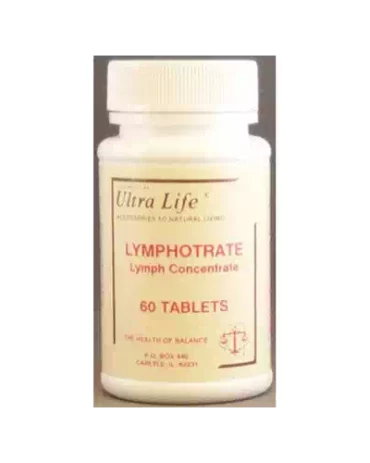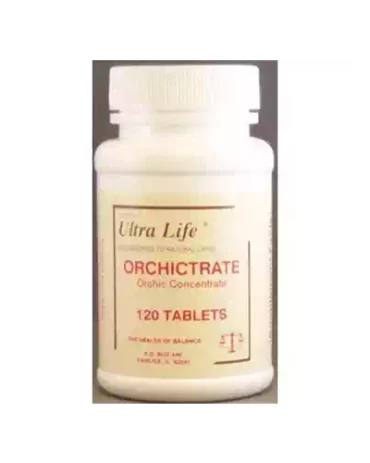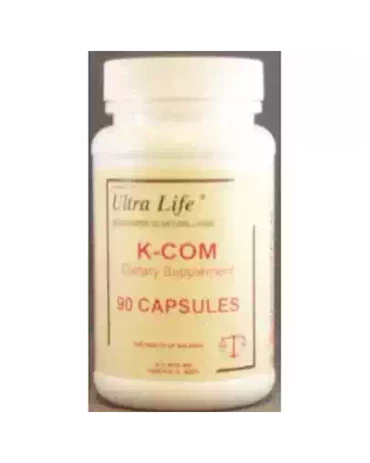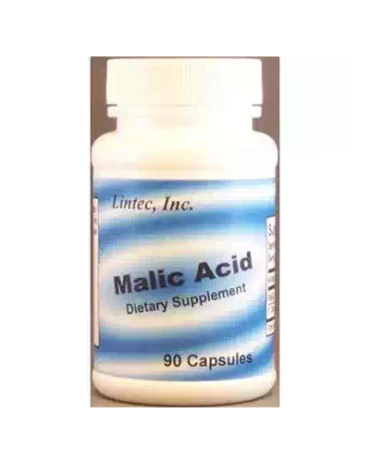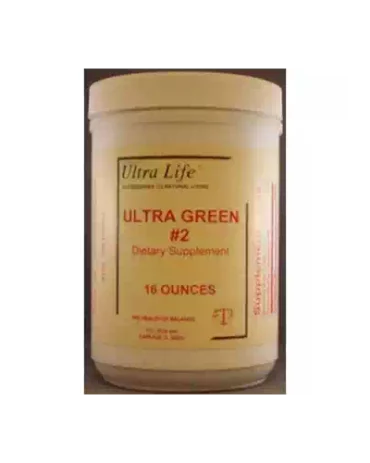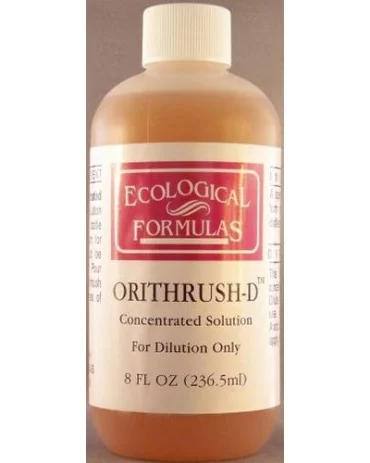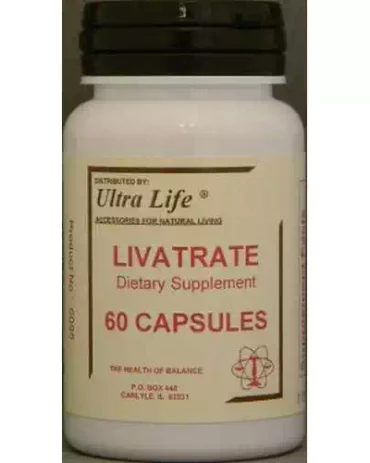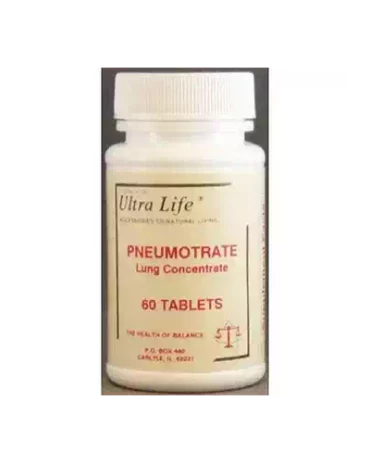Keeping the mucosal barrier of your small intestine is critical to the health of numerous processes, including digestion, immunity, and defense against toxic exposures. When your mucosal barrier is compromised, you are at risk of allergies, nutrient deficiencies, digestive intolerances, leaky gut, bacterial overgrowth, parasitic infections, and more. Each of these complications can irritate your mucosa even further and lead to a vicious cycle of intestinal inflammation and a wide array of symptoms.
L-Glutamine Powder and More for Mucosal Barrier Repair
A strong mucosal barrier relies on the combined efforts of several players, including healthy epithelial cells, mucus, and a vital immunoglobin called secretory IgA (sIgA). SIgA is an essential immune system gatekeeper that acts as your first line of defense against infectious organisms and toxins. Exhibiting a dual role in immunity, sIgA identifies and promotes the removal of harmful substances while also ensuring that your natural gut microbiome is protected. The nutrients specifically target your epithelial tissues. These tissues line the inner surfaces of cavities in many internal organs, including the intestines and play a key role in determining which substances are allowed into the bloodstream. †
The Leaky Gut-X Advantage
Leaky Gut-X supports your mucosal barrier health with a blend of botanicals and the amino acid L-Glutamine, to nourish epithelial tissues, enhance the quality of mucus, promote sIgA production, and moderate inflammation. †
Synergy for a Strong Intestinal Barrier
- L-Glutamine – A key amino acid important for the normal growth and maintenance of the cells in the intestine. Its role as a major source of energy for proliferation and differentiation of intestinal epithelial cells is well known.
- Quercetin Dihydrate – A bioflavonoid that exhibits numerous properties, including anti-viral and anti-inflammatory effects on the mucosal barrier’s epithelial cells.
- Cat’s Claw Bark Extract – A vine native to South America, the bark of which has been used in traditional medicine to treat various conditions such as gastric and inflammatory disorders.
- Phosphatidylcholine – Concentrations of phosphatidylcholine promote mucus health, fortify intestinal epithelial cell membranes, and ease inflammation.
- MSM (MethylsulfonylMethane) – To balance mucosal inflammation and defend against excess oxidative stress that occur when toxins and invaders wreak havoc.
- Hawthorn Leaf Extract – To aid in protecting intestinal mucosal cells from oxidative stress and uncontrolled inflammation.
- Milk Thistle Seed Extract – An herbal extract containing an antioxidant that supports defense against mucosal damage by toxins that can lead to oxidative stress and inflammation.
- Siberian Ginseng Root Extract – An adaptogen to enhance mucosal response against harmful triggers and oxidative stress.
- Turmeric Root Extract – To balance and soothe mucosal inflammation while supporting bowel motility.
- Bromelain – A digestive enzyme to help break down nutrients in the late digestion phase, reducing intestinal mucosal inflammation.
- Gamma Oryzanol – A rice bran oil extract to support mucosal protection against inflammatory damage and restore healthy intestinal permeability.
FAQ: Leaky Gut-X
Can I open the capsules and pour the powder into food or drinks?
This is not recommended, because you want the capsule to break up while in the stomach for optimal release into the intestines.
Are higher doses than the bottle recommendation safe? I want more glutamine in my daily routine.
From our experience and anecdotal data, yes. Leaky Gut-X has passionate advocates who take it for a myriad of health concerns. We have observed patients consuming 9-12 capsules a day, long-term, with no side effects.
Is it safe if I have a history of SIBO?
SIBO can be tricky, and you need to make informed decisions, but we reformulated this product in 2019 to only have ingredients that are shown to not aggravate SIBO.
Science-Based Ingredients of Leaky Gut-X
- L-Glutamine – As the most abundant amino acid in your body, glutamine plays a pivotal role within your intestines by helping to regenerate new intestinal epithelial cells (enterocytes), strengthening your cell-cell barrier, and suppressing intestinal inflammation. Studies show that when patients with a compromised mucosal barrier (burn and abdominal postoperative patients) supplemented with glutamine, they experienced significantly improved wound healing, reduced inflammatory markers, and decreased intestinal permeability [1,2].
- Quercetin Dihydrate (from Sophora japonica Bud) – This potent flavonoid acts as a natural antioxidant that suppresses the inflammatory molecules involved in allergy-related conditions. Studies show that when patients with upper airway inflammation supplemented with quercetin for 12 weeks, they experienced significantly improved symptoms and a reduction in IgE – the main immunoglobin involved in allergies [3].
- Cat’s Claw Bark Extract (4:1) – Also known as Uncaria tomentosa, this extract is native to South America. It has been used for centuries in Incan culture as a natural remedy for inflammation and infections. Studies show that when patients with Candida-mediated oral inflammation supplemented with Cat’s Claw Bark Extract for one week, they experienced significantly improved condition severity as well as reductions in Candidal colony-forming units (CFU’s) [4].
- Sunflower Seed Lecithin (standardized to 20% Phosphatidylcholine) – Lecithin is rich in phosphatidylcholine, which accounts for over 90% of the phospholipids within your mucosa. Phospholipids play a two-fold role in your mucosal barrier by offering structural support in cell membranes and containing arachidonic acid, which synthesizes the prostaglandins that maintain mucosal integrity and balance inflammation. Studies show that when patients with autoimmune-mediated gastrointestinal destruction and inflammation supplemented with phosphatidylcholine, they experienced significant improvements in remission rates [5].
- MSM (MethylsulfonylMethane) – This ingredient is widely used for various health conditions ranging from mucous membrane inflammation to musculoskeletal inflammation. Exhibiting antioxidant properties, MSM may support defense against harmful reactive oxygen species which can lead to excess inflammation, swelling, and pain. This is important since a variety of infectious microorganisms and toxins can lead to oxidative stress. Studies show that patients with inflamed airway mucosa who supplemented with MSM for 30 days experienced significantly improved symptoms following treatment [6].
- Hawthorn Leaf Extract (standardized to contain 1.8% Vitexin-2-Rhamnoside) – Native to Asia, Europe, and North America, this plant has been used for centuries in traditional Chinese medicine to treat digestive and cardiovascular conditions. Vitexin-2-Rhamnoside is one of the two main flavonoids within the Hawthorn leaf that exerts antioxidant properties which help defend against uncontrolled inflammation. The plant itself is also rich in fiber, which supports healthy bowel movements.
- Milk Thistle Seed Extract (standardized to contain 80% Silymarin) – Traditionally, this herbal extract has been used to naturally support liver, gallbladder, and breast milk health. Milk thistle is rich in Silymarin, an antioxidant that promotes intestinal mucosal barrier protection from toxin-mediated injury. Silymarin also exhibits inflammation-balancing properties that help suppress damaging immune molecules called cytokines.
- Siberian Ginseng Root Extract (standardized to contain 0.8% Eleutherosides) – This powerful herb is an adaptogen that enhances your body’s ability to respond to stress. As an adaptogen, Siberian ginseng may support mucosal defense when faced with oxidative stress. Studies show that participants who supplemented with Siberian Ginseng for six months experienced significantly reduced oxidative stress and lipid profiles [7].
- Turmeric Root Extract (Curcuma longa, standardized to contain 95% curcuminoids) – Native to India, this extract is rich in an antioxidant known as curcumin. Curcuminoids have an extensive health profile as they are intricately involved in balancing inflammation. Studies show that patients with oral mucosal inflammation who supplemented with curcuminoids for two weeks experienced significant clinical improvement and reduction in inflammation [8]. Another study showed that patients who supplemented with turmeric exhibited improved gut motility [9].
- Bromelain (from pineapple stem) – Derived from pineapples, bromelain is a digestive enzyme that effectively breaks down proteins. Studies show that patients who supplemented with bromelain after oral surgery exhibited significantly reduced postoperative inflammation and pain, indicating that bromelain may support mucosal healing after injury [10].
- Gamma Oryzanol – Derived from rice bran oil, this ingredient helps to protect your gastrointestinal mucosal lining from inflammatory damage and supports healthy intestinal permeability. This is important since a defect in intestinal permeability can lead to a leaky gut that allows for invasion by bacteria and improper nutrient absorption.
References
- Peng X, Yan H, You Z, Wang P, Wang S. Effects of enteral supplementation with glutamine granules on intestinal mucosal barrier function in severe burned patients. Burns. 2004;30(2):135-139. doi:10.1016/j.burns.2003.09.032
- Quan ZF, Yang C, Li N, Li JS. Effect of glutamine on change in early postoperative intestinal permeability and its relation to systemic inflammatory response. World J Gastroenterol. 2004;10(13):1992-1994. doi:10.3748/wjg.v10.i13.1992
- Hu G, Walls RS, Bass D, et al. The Chinese herbal formulation biminne in management of perennial allergic rhinitis: a randomized, double-blind, placebo-controlled, 12-week clinical trial. Ann Allergy Asthma Immunol. 2002;88(5):478-487. doi:10.1016/s1081-1206(10)62386-1
- Tay LY, Jorge JH, Herrera DR, Campanha NH, Gomes BP, Andre Dos Santos F. Evaluation of different treatment methods against denture stomatitis: a randomized clinical study. Oral Surg Oral Med Oral Pathol Oral Radiol. 2014;118(1):72-77. doi:10.1016/j.oooo.2014.03.017
- Stremmel W, Hanemann A, Braun A, et al. Delayed release phosphatidylcholine as new therapeutic drug for ulcerative colitis–a review of three clinical trials. Expert Opin Investig Drugs. 2010;19(12):1623-1630. doi:10.1517/13543784.2010.535514
- Barrager E, Veltmann JR Jr, Schauss AG, Schiller RN. A multicentered, open-label trial on the safety and efficacy of methylsulfonylmethane in the treatment of seasonal allergic rhinitis. J Altern Complement Med. 2002;8(2):167-173. doi:10.1089/107555302317371451
- Lee YJ, Chung HY, Kwak HK, Yoon S. The effects of A. senticosus supplementation on serum lipid profiles, biomarkers of oxidative stress, and lymphocyte DNA damage in postmenopausal women. Biochem Biophys Res Commun. 2008;375(1):44-48. doi:10.1016/j.bbrc.2008.07.097
- Chainani-Wu N, Madden E, Lozada-Nur F, Silverman S Jr. High-dose curcuminoids are efficacious in the reduction in symptoms and signs of oral lichen planus. J Am Acad Dermatol. 2012;66(5):752-760. doi:10.1016/j.jaad.2011.04.022
- Shimouchi A, Nose K, Takaoka M, Hayashi H, Kondo T. Effect of dietary turmeric on breath hydrogen. Dig Dis Sci. 2009;54(8):1725-1729. doi:10.1007/s10620-008-0550-1
- Ghensi P, Cucchi A, Creminelli L, Tomasi C, Zavan B, Maiorana C. Effect of Oral Administration of Bromelain on Postoperative Discomfort After Third Molar Surgery. J Craniofac Surg. 2017;28(2):e191-e197. doi:10.1097/SCS.0000000000003154

